History
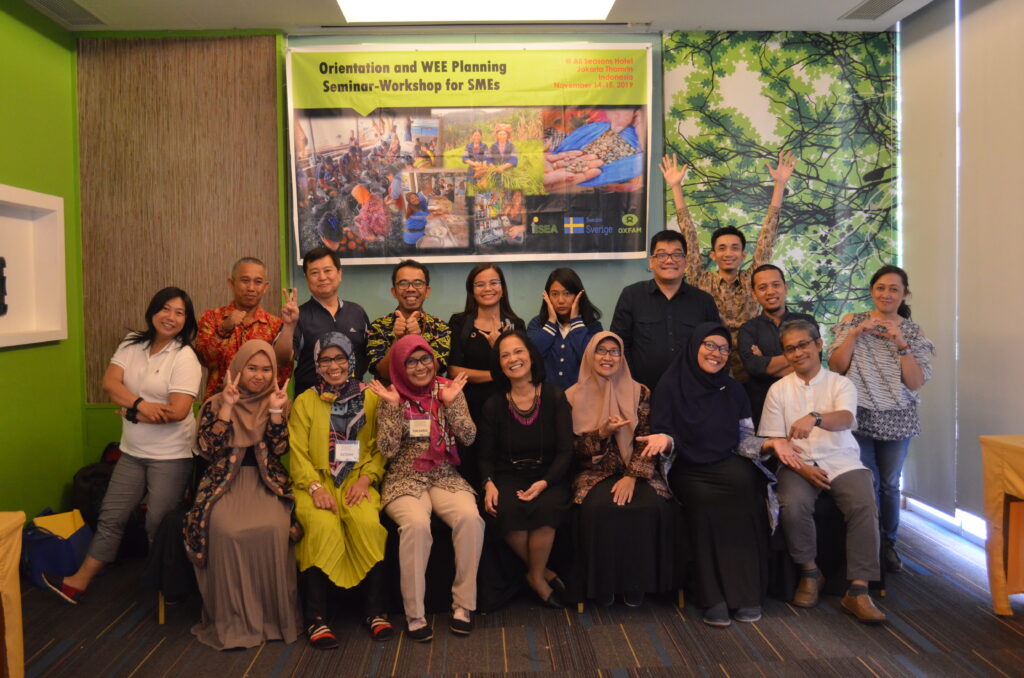
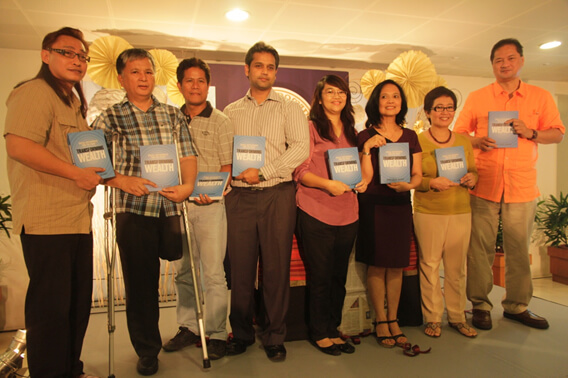

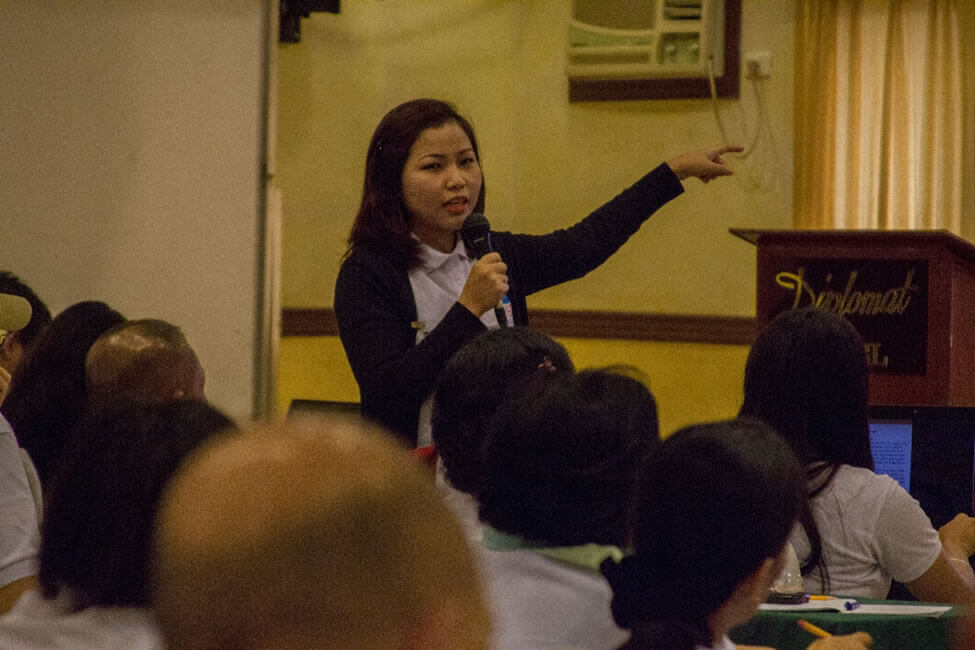
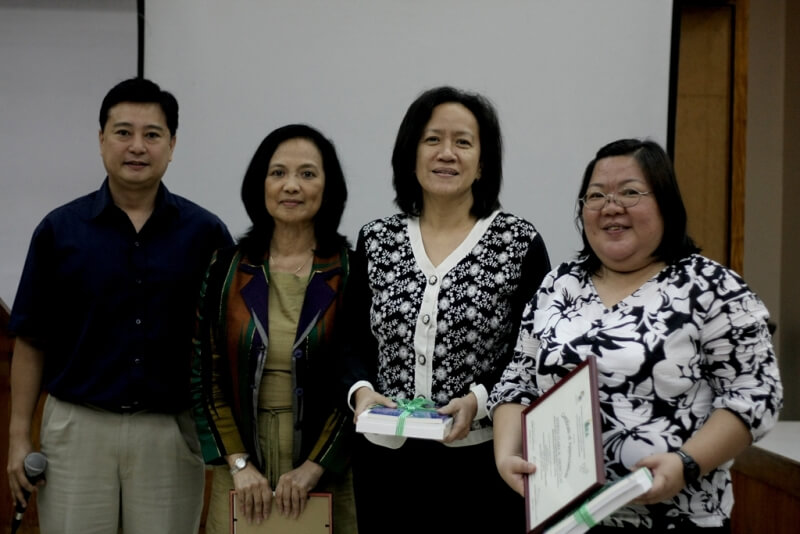
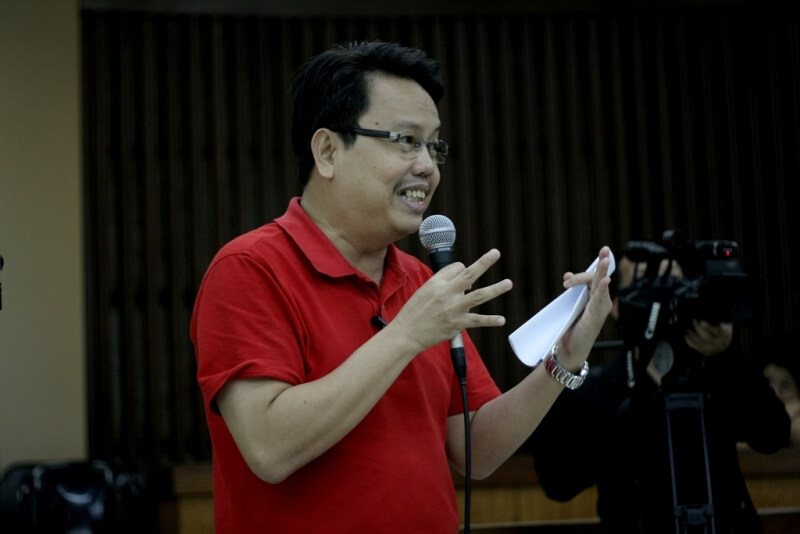


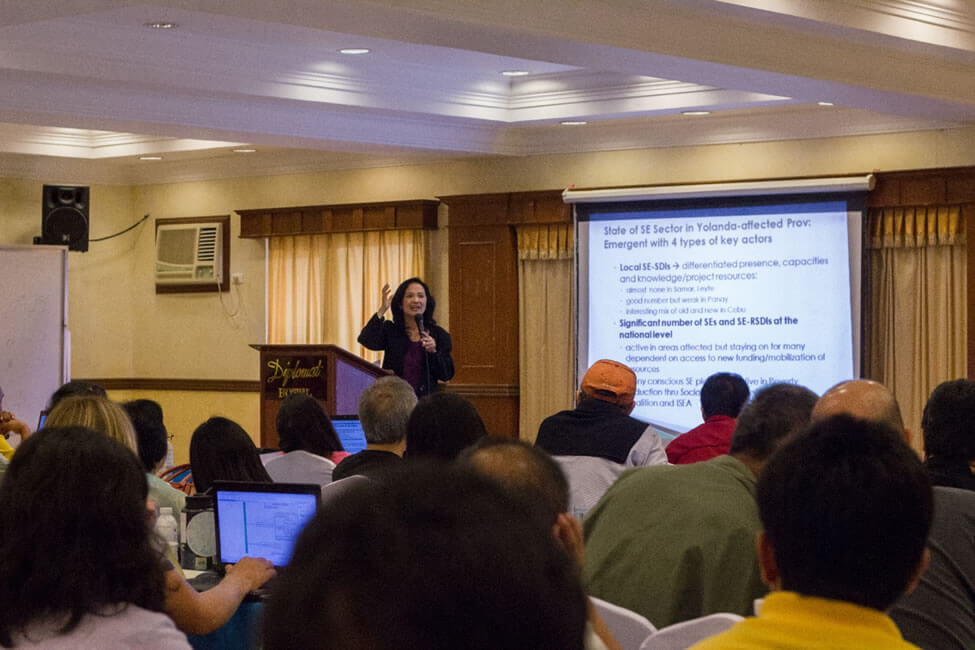
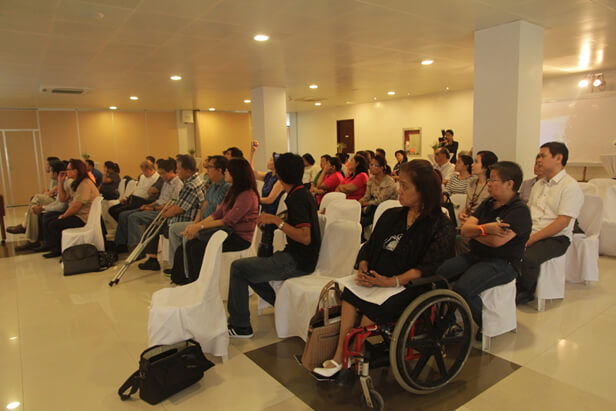
AIM-ACE Social and Development Entrepreneurship Program
In 2001, the Asian Institute of Management (AIM), under the leadership of then Dean Eduardo Morato Jr, set up a Social and Development Entrepreneurship Program (SDEP) under its Asian Center for Entrepreneurship, to bring the benefits of AIM’s entrepreneurship education and research initiatives to the development community. Seeing the potentials of evolving social entrepreneurship as a sub-discipline in management education, Dean Morato purposively hired a faculty champion (Marie Lisa Dacanay) and appointed her as Program Director.
Three program components evolved: education, research, and outreach/consultancy. Under the education component, a Master in Entrepreneurship for Social and Development Entrepreneurs (MESODEV), an 18-month course for Philippine-based practitioners, became the core offering. Four batches of MESODEV students graduated from 2002-2007.
Social Entrepreneurship electives were likewise developed and have been offered for the Master in Business Administration and Master in Management Courses in addition to reviving the Social Entrepreneurship and Enterprise Development elective for the Master in Development Management Course. Social entrepreneurship modules have also been incorporated into the short programs of the Center for Development Management. Short courses have also been developed for development agencies.
AIM-ACE SDEP Partnership with CAFO
To support the education component, a research component was put in place and yielded cases and articles that were utilized for the various courses offered.
A major output was a resource book entitled Creating a Space in the Market: Social Enterprise Stories in Asia (Dacanay, 2004), featuring 12 cases on significant practices from the Philippines, India, Indonesia and Thailand. This was the result of a joint research project with the Consortium of Asian Foundations and Organizations (CAFO), a network of foundations, implementing organizations, research institutions and individuals from 11 societies in Asia. A second resource book on social entrepreneurship is in the making in partnership with CAFO-Philippines. This contains the presentations and output of the International Workshop on Social Entrepreneurship in Asia (IWSEA) co-organized by AIM-ACE SDEP and CAFO on July 6-8, 2006 and supported by the Social Entrepreneurship in Asia and Europe Project.
Before IWSEA, CAFO had organized the Asian Social Entrepreneurship Forum (ASEF) in Taiwan on February 18-20, 2005. ASEF brought together social entrepreneurs, social enterprise resource institutions and some academics from developed and developing societies in Asia (Philippines, Indonesia, Thailand, India, Taiwan, Hongkong, Singapore, and Japan) to discuss the results of the AIM-CAFO research and explore the origins and direction of social entrepreneurship in the region. ASEF identified the following as key challenges facing social enterprises in the region:
- managing internal stakeholders and the inherent tension between financial and development bottom lines;
- managing markets and relevant publics;
- measuring social enterprise impact specially the non-financial bottom lines;
- mainstreaming alternative systems and practices of social enterprises such as fair trade;
- scaling up impact and ensuring sustainability of social enterprise interventions. (CAFO, 2005).
Three programs were identified: data-base building and research, capacity building and advocacy and networking, and a Social Entrepreneurship Working Group was set up among the participants.
SE in Various Country Contexts: Developing, Developed and Socialist Countries in Transition
IWSEA provided an opportunity for the dialogue on social entrepreneurship to expand in the region and beyond, with participants from socialist countries in transition such as China and Vietnam, other countries in South Asia (Bangladesh) and academics from the China-Europe International Business School, Copenhagen Business School and IESE in Barcelona as well as US and European-based networks and institutions such as Ashoka and Scwab Foundation for Social Entrepreneurship. The workshop yielded a partnership agenda between academics and practitioners to sustain a research, education, and advocacy program advancing social entrepreneurship in Asia that is sensitive to the diversity of experiences across developing countries, developed countries and socialist countries in transition.
Need for Dedicated and Independent Institute
Notwithstanding these milestones in the advancement of social entrepreneurship education, research and partnership building, recent developments in the Asian Institute of Management indicate a refocusing of strategic directions. In particular, the Asian Center for Entrepreneurship (ACE), which used to house the Social and Development Entrepreneurship Program (SDEP) has been spun off as a separate corporate entity named the Asian Center for Entrepreneurship-Management Education (ACE-ME), with AIM as minority partner.
The spin-off of ACE-ME as a stock, for profit corporation in July 2007 catalyzed discussions on setting up the Institute for Social Entrepreneurship in Asia (ISEA).
Even before the spin-off, there have been discussions about the need for an independent and dedicated institute in Asia to pursue the social entrepreneurship agenda articulated during ASEF, IWSEA and other fora involving practitioners. For one, an independent and dedicated institute would be in a better position to undertake sustained programs that are readily accessible to the myriad of actors in the social enterprise sector in the region. It is also in a better position to harness the entrepreneurial and creative energies of the various stakeholders and shape a social entrepreneurship program that is reflective of their collective aspirations.
AIM has since agreed to be a founding member of ISEA. In this regard, it contributed the non-exclusive use of learning materials on social entrepreneurship developed under the leadership of AIM’s Program Director for Social and Development Entrepreneurship from 2001-2007. It also donated to ISEA 300 copies of the book, Creating a Space in the Market: Social Enterprise Stories of Asia.
Likewise, the Ateneo School of Government became a founding member and offered to host ISEA’s office during its formative stage.
